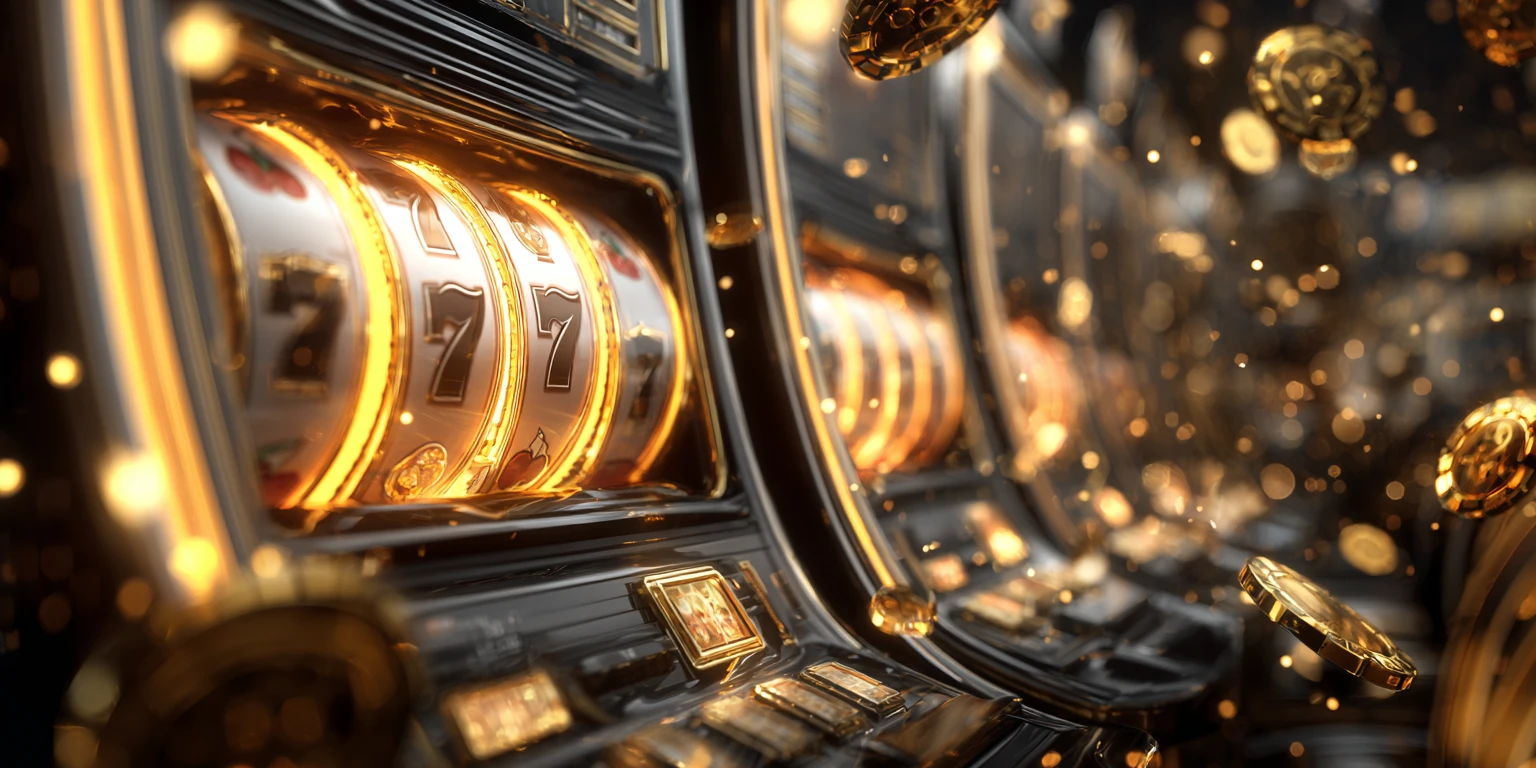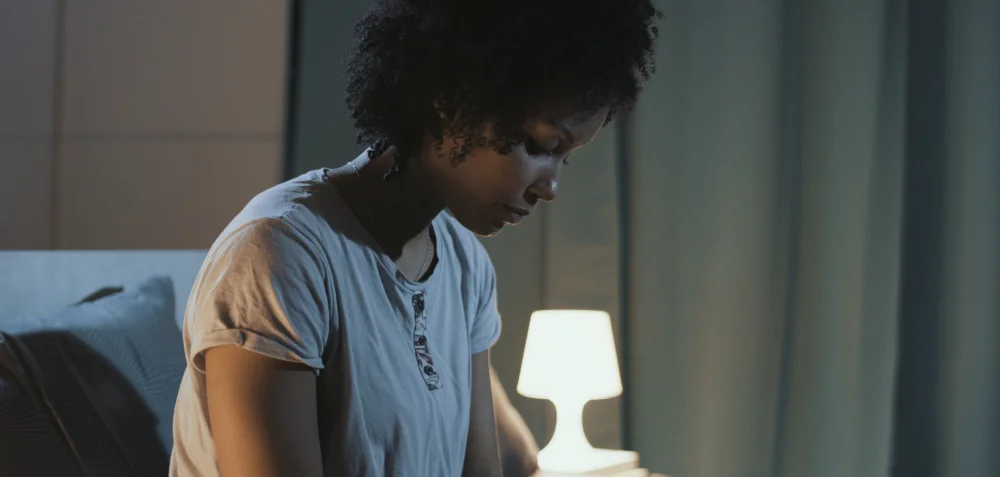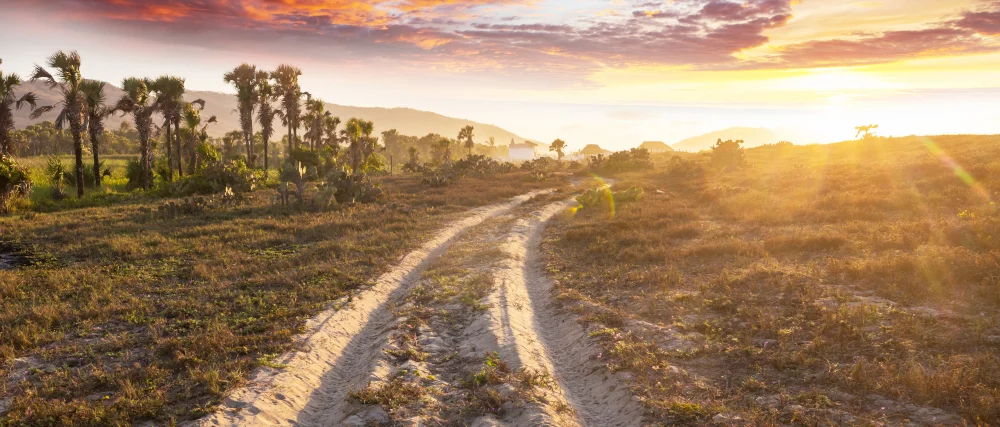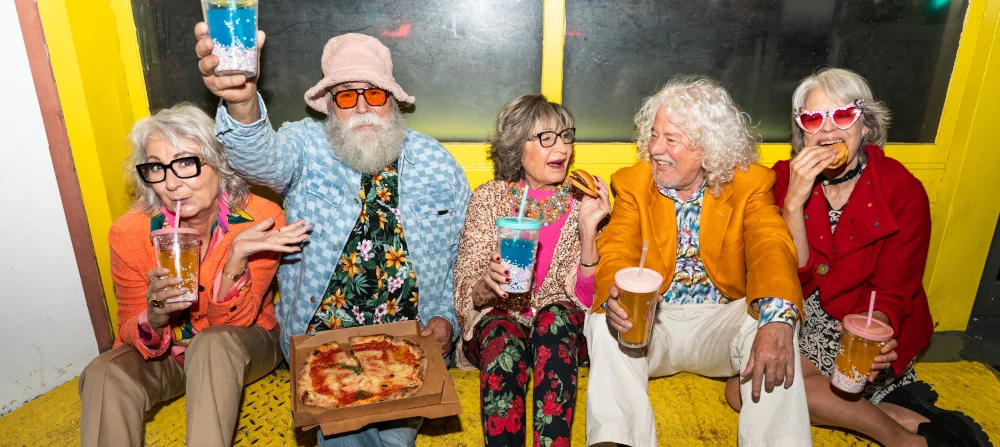
It starts with a heartbeat. You’re watching the final seconds of a game. You’ve got R200 riding on a goal that hasn’t happened yet. Your phone screen glows. The crowd on TV roars. The ball arcs. You hold your breath.
The gambler’s high isn’t just folklore. It’s science. It’s chemicals. It’s centuries of evolution colliding with milliseconds of hope. In the space between uncertainty and outcome, your body floods with anticipation. Cortisol, adrenaline, dopamine, the same cocktail that drives soldiers in battle, traders on Wall Street, or artists on opening night. But here, in this moment, it belongs to you. In a world where most of us are boxed in by routine, school runs, commutes, inboxes, empty promises of upward mobility, gambling offers a rupture. A way out. A moment where something wild could actually happen. Where your decision, your instinct, your gut might change the narrative.
Slot machines, sports bets, blackjack tables, digital scratch cards, they all offer the same promise, possibility. And not just the possibility of winning, but of feeling something again. It’s a simulation of fate, packaged neatly in an app, a kiosk, a blinking terminal at the back of a petrol station. But the real currency isn’t money, it’s sensation.
Every experienced bettor knows that the best part is rarely the payout. It’s the lean-in moment. Neuroscientists call it “intermittent reinforcement.” The brain lights up strongest not when it wins, but when it might. The potential win is more addictive than the real thing. Like a scratch card with one number missing. Like a slot reel that just needed one cherry to hit the jackpot. Your brain stores those near misses like gold. They become ghosts you chase. And casinos, digital platforms, and sports books are designed to feed that loop. Every sound effect, animation, and flash is part of an experience built to stretch that anticipation as long as possible.
In South Africa, gambling is less of a pastime and more of a pulse. From the EBT machines in small-town casinos to the booming online platforms surging through mobile networks, the country’s appetite for risk is matched only by its ingenuity in finding ways to feed it. You’ll find it in the man placing lunchtime bets from a panel van in Pretoria. In the nurse spinning a digital wheel during a night shift break in Port Elizabeth. In the WhatsApp groups sharing hot tips, shady sites, and screenshots of near wins. Everyone is chasing that high. Some openly, some quietly. But it’s there, everywhere.
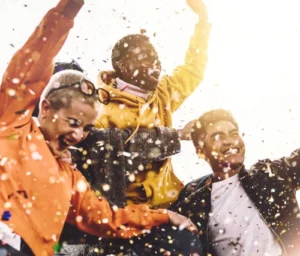 Because here, risk is part of the landscape. It’s in our politics, our taxis, our loadshedding workarounds. We are a nation of gamblers because the world deals us wild cards daily. Gaming just puts a spotlight on the chaos. But highs have a half-life. And when the buzz fades, some chase harder. The line between thrill and compulsion is razor-thin. And it doesn’t take long before the fun becomes a blur, where you’re no longer chasing a feeling, you’re running from emptiness.
Because here, risk is part of the landscape. It’s in our politics, our taxis, our loadshedding workarounds. We are a nation of gamblers because the world deals us wild cards daily. Gaming just puts a spotlight on the chaos. But highs have a half-life. And when the buzz fades, some chase harder. The line between thrill and compulsion is razor-thin. And it doesn’t take long before the fun becomes a blur, where you’re no longer chasing a feeling, you’re running from emptiness.
That’s when the safeguards matter. Limits, time-outs, reality checks. Responsible gaming isn’t a box-tick. It’s the parachute. It’s the cold water on the face when the heat gets too much. The irony? Most of us don’t need protection from the games. We need protection from ourselves.
Because even with all the warnings, the disclaimers, the knowledge of the risks, people still play. Not because they’re reckless. But because that high is one of the last honest things left in a world that often runs on scripted outcomes. The game might be rigged. The odds might be long. But when you’re holding that betslip, when the reel starts spinning, when the live odds shift in your favour, for that moment, you’re not powerless, you’re alive. It’s not about winning, it’s about almost. And in the margins of almost, sometimes, that’s where we find ourselves.
No one stays high forever. The music fades. The game ends. You close the app. Maybe you’re up R600. Maybe you’re down more than you care to admit but the point is the chase. The story you lived in your head. The adrenaline you felt even if just for a heartbeat. That’s the gambler’s truth. And no matter how many rules you write around it, you can’t code that out.
In a nation that lives on edge, gambling doesn’t feel foreign. It feels familiar. Like jazz. Like a storm on the horizon. Like a moment just waiting to flip.
And maybe, just maybe, that’s why we keep playing.




